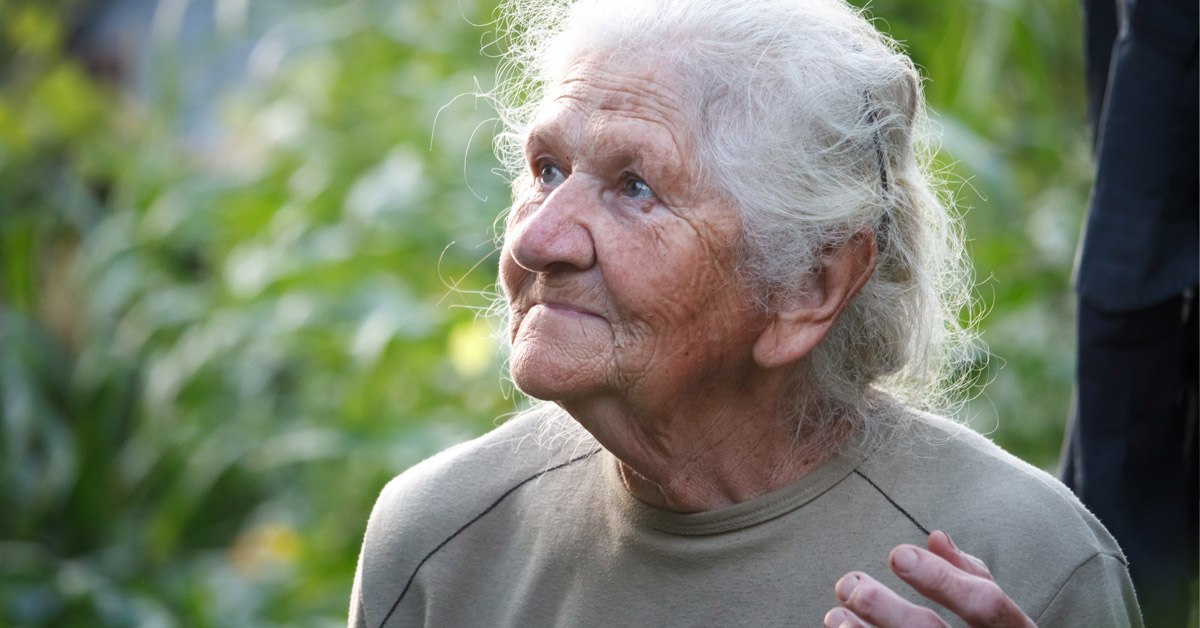
When Grief Turns into Depression
People grieving a loved one experience increased risk of not just feeling depressed but clinical depression and other problems. This proves especially true when grieving the loss of a spouse.1 To make matters worse, people experiencing grief over losing a loved one prove more likely to have their clinical depression go untreated.2 People expect to feel blue after a death. Those feelings and expectations may give cover to the more serious signs of clinical depression. If grief starts to become a health problem, friends and family may need to express concerns about specific signs and encourage professional help.
Signs of Clinical Depression After Losing a Loved One
Watch for these signs – especially more than two months after the death.
- Difficulty functioning in daily life
- Excessive bitterness, anger, or guilt
- Isolation
- Decreased personal hygiene
- Drug abuse including alcohol
- Hopelessness
- Inability to enjoy life
- Hallucinations
- Talking about dying or suicide
If a grieving person talks about suicide, seek help immediately. One option is to call the nationwide suicide helpline: 1-800-273-8255.
The Expected Course of Grief
Sidney Zisook, Department of Psychiatry, University of California San Diego, explains that grief is not a state, but a process.2 The process usually proceeds in fits and starts. It differs considerably in intensity and length among cultural groups and from person to person.3 Clinicians prefer the term “uncomplicated” grief over “normal grief.” Shock, anguish, loss, anger, guilt, regret, anxiety, fear, loneliness, unhappiness, depression, intrusive images, depersonalization, and the feeling of being overwhelmed may all occur in uncomplicated grief. However, grief is not only about pain. In the process, people may also experience moments of relief, joy, peace, and happiness. Uncomplicated grief may range from barely noticeable in some to profound anguish and dysfunction in others. The research of Kathrin Boerner and colleagues suggests that neither extreme, in and of itself, indicates more or less risk of chronicity or pathology.4
For most people, grief never fully completes.8 It may be more accurate to think of grief as transitioning from acute to abiding. A process in which acute episodes decrease in duration and frequency over time. Zisook states, “For most bereaved individuals, the arduous journey through grief will ultimately culminate in an acceptable level of adjustment to a life without their loved one.”
Conclusion
Most people find their way through grief with the support of friends and family. Small mistakes while trying to help will be forgotten with time, but being present and supportive will always be remembered and appreciated.
References
- Zivin K, Christakis NA. The Emotional Toll of Spousal Morbidity and Mortality. The American journal of geriatric psychiatry: Official Journal of the American Association for Geriatric Psychiatry. 2007 Sep;15(9):772-9.
- Zisook S, Shear K. Grief and bereavement: what psychiatrists need to know. World Psychiatry. 2009 Jun;8(2):67.
- Silver RC, Wortman CB. The stage theory of grief. JAMA. 2007 Jun 27;297(24):2692-4.
- Boerner K, Wortman CB, Bonanno GA. Resilient or at risk? A 4-year study of older adults who initially showed high or low distress following conjugal loss. The Journals of Gerontology Series B: Psychological Sciences and Social Sciences. 2005 Mar 1;60(2):P67-73.
- Shear MK, Mulhare E. Complicated grief. Psychiatric annals. 2008;38(10).





